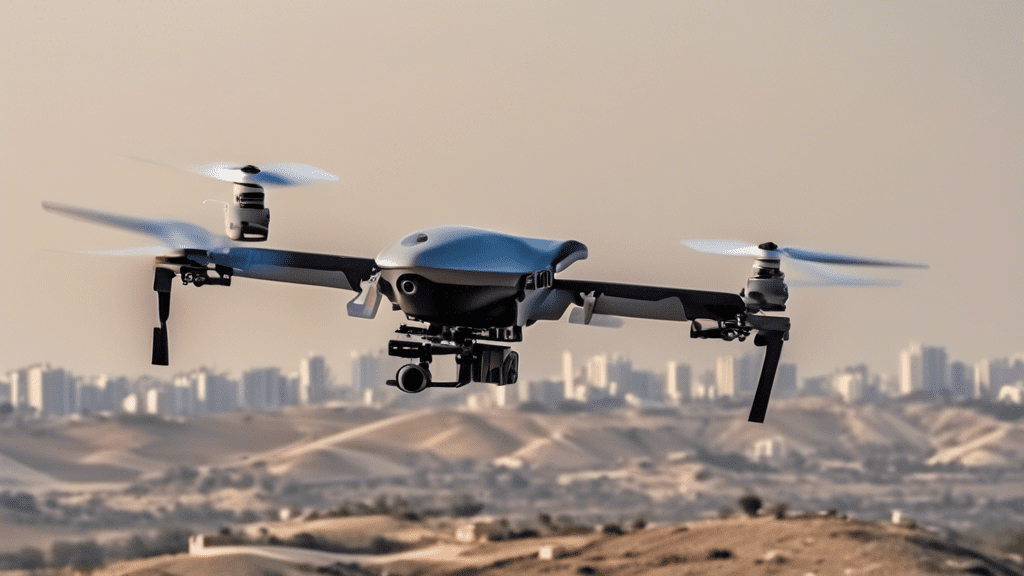The recent escalation of drone incidents off the coast of Israel has put a spotlight on the tense dynamics between Israel and its neighbors, particularly Lebanon. On Saturday night, the Israel Air Force (IAF) intercepted a rogue drone that was launched from Lebanese territory, marking yet another chapter in the ongoing conflict in the region. This incident illustrates the persistent security challenges that Israel faces from various militant groups, reflecting an environment where aerial threats are becoming increasingly common.
Ongoing Tensions and Military Responses
The drone interception was not an isolated event; it fits into a troubling pattern of aggression that has seen multiple drones being intercepted over the Western Galilee region. The Israel Defense Forces (IDF) are actively engaged in operations targeting not only Hamas in Gaza but also they’ve extended their focus to Hezbollah positions in southern Lebanon. This includes recent airstrikes on command centers and other significant infrastructure in Dahiyeh, a known Hezbollah stronghold in Beirut. As tensions rise, these military actions underscore Israel’s commitment to neutralizing threats before they escalate into broader conflicts.
The incident is further complicated by the ongoing hostage crisis, with 101 individuals being held in Gaza, including several Americans. Families of the hostages are actively seeking dialogue with the incoming Trump administration, hoping for renewed efforts to secure their loved ones’ release. This humanitarian aspect only adds layers of complexity to a volatile military situation, as the IDF grapples with both military and diplomatic challenges.
International Perspectives and Future Implications
While the immediate focus is rightly on the Israeli-Lebanese theater, there are broader implications to consider regarding drone technology and its use in conflicts around the world. Recent reports of unidentified drones spotted near strategic military assets in Europe and the US point to a growing trend of drone utilization that transcends borders and conflicts. This underscores a need for international discourse on drone regulation and security protocols as nations face new threats of aerial surveillance and attacks.
Within Israel, the situation remains precarious, with security alerts echoing across northern regions like Bar’am, Rosh HaNikra, and Metzuva. Sirens have become common as the populace remains on edge due to the potential for further drone activity and other militant threats. The IDF’s recent dismantling of an Iranian-made cannon aimed at Israel highlights a proactive approach to ensuring national security amidst these continuous threats.
The ongoing drone incidents represent not just localized confrontations but also contribute to a complex narrative of regional stability and international security. As Israel maneuvers through these threats, the interplay of military readiness, diplomatic negotiations, and international awareness will likely shape the future landscape of security in the region. Whether through military action or diplomatic engagement, the goal remains clear: to secure peace and safety for all impacted populations.
